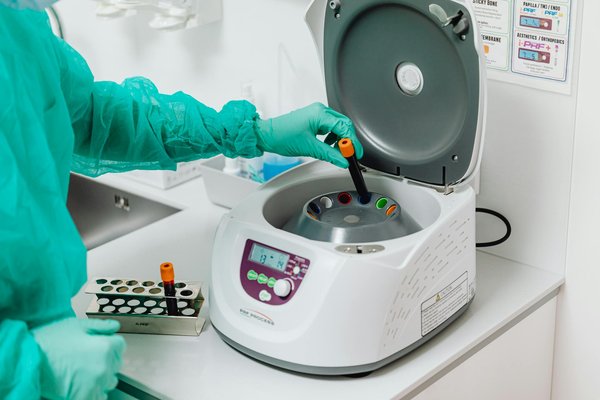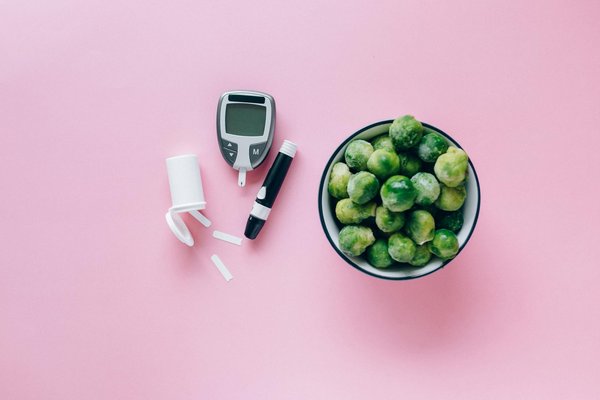
Empowering your health journey with trusted information
Doctor Project delivers comprehensive, medically-reviewed content on everything from disease prevention to wellness strategies. Our platform brings together expert insights and the latest research to help you make informed decisions about your health and wellbeing.
Explore Health Topics That Matter to You
From disease prevention to everyday wellness, find expert-reviewed guides tailored to your needs
What Our Readers Say
Join thousands who rely on Doctor Project for trustworthy health information

The pregnancy guides on Doctor Project helped me navigate my entire journey with confidence. The information is clear, comprehensive, and always backed by science. I recommend it to all my friends expecting their first child.

As someone managing a chronic condition, I appreciate how Doctor Project breaks down complex medical information into understandable content. The articles on disease management have been invaluable for my daily routine.

The wellness section has transformed how I approach preventive health. The practical tips are easy to implement, and I love that everything is research-based. This has become my go-to resource for staying informed.
Latest articles
Our recent publications

How Can Lifestyle Choices Affect Mental Health in the UK?
Understanding how lifestyle choices influence mental health is crucial, especially considering recen...

How Does Public Health Policy Influence Disease Prevention in the UK?
Public health policy in the UK refers to government strategies and regulations aimed at improving po...

What role does mental health play in disease prevention in the UK?
Mental health plays a crucial role among the determinants of health in the UK, significantly influen...

Effective cocaine addiction treatment options you should know
Cocaine addiction affects more than just physical health—it disrupts emotional and social well-being...

How Does the NHS Address the Growing Demand for Healthcare Services?
The NHS strategies for handling increasing healthcare demand emphasize enhancing efficiency and opti...

Unlocking inner strength: men psychotherapy in fitzrovia
Men in Fitzrovia face unique challenges when it comes to mental health. Tailored psychotherapy servi...

What Are the Latest Advances in UK Health Technologies?
The UK health technology advances of recent years have showcased remarkable progress across multiple...

What Are the Most Recently Adopted Health Technologies in the UK?
Recent health technology UK developments have significantly advanced both NHS and private healthcare...

How are UK healthcare professionals being supported in their roles?
Government initiatives play a crucial role in sustaining the UK healthcare workforce. Central govern...

Is the UK Prioritizing Resources Effectively to Combat Emerging Health Challenges?
The UK health policy focuses sharply on resource allocation to tackle emerging public health challen...

What are the UK government's strategies for improving public health?
The UK government health policies focus on comprehensive public health strategies designed to improv...

How can UK women ensure safe medication use during pregnancy?
Understanding and adhering to NHS pregnancy medication guidelines is essential for expectant mothers...

How can you choose the right birthing plan in the UK?
A birthing plan UK is a personalized document where expectant parents outline their preferences for ...

What are the guidelines for exercise during pregnancy in the UK?
Understanding the pregnancy exercise guidelines UK is crucial for ensuring safety and wellbeing duri...

How Can Health Professionals in the UK Stay Informed About the Latest Medical Research?
Staying informed with the latest UK medical research resources is crucial for healthcare professiona...

How Do UK Health Professionals Approach Patient Care?
In the UK, NHS values serve as the cornerstone for all healthcare professionals, shaping their daily...

How do UK health professionals manage multicultural patient care?
In the UK, multicultural healthcare strategies are deeply embedded within NHS protocols and national...

Transform your mind: leading psychotherapist in london
Finding the right psychotherapist in London can change how you experience life and manage challenges...

How Can Seniors Protect Themselves from Common Health Scams?
Understanding health scams targeting seniors is crucial to protecting vulnerable individuals from fi...

What Are the Key Challenges in Promoting a Healthy Lifestyle for Seniors in the UK?
Understanding the hurdles to well-being in later life...

What are the most beneficial exercises for UK seniors to stay active?
When considering senior exercises UK experts recommend, safety and effectiveness are paramount. The ...

How Can a Balanced Diet Contribute to a Healthier Lifestyle in the UK?
Understanding a balanced diet is fundamental to maintaining good health in the UK, and the Eatwell G...

What are the best UK parks for a slimming-friendly walking routine?
Choosing the best parks for fitness can make your slimming walking routes more enjoyable and effecti...

What Are the Most Effective Strategies for Achieving Health and Slimness in the UK?
To achieve lasting health and slimness in the UK, adopting evidence-based wellness UK approaches is ...

Best travel energy boosts for backpackers: quick and natural solutions
Maintaining consistent energy levels can make or break your backpacking adventure. According to a 20...

Enhance your skin longevity with expert-backed supplements
Maintaining youthful skin goes beyond daily cleansing—it requires targeted support from expert-backe...

How Can Innovations in the UK Improve Personal Wellness?
Discoveries in UK wellness innovations are reshaping how individuals approach their health daily. Re...

How Can the UK Enhance Its Health and Wellness Initiatives?
The public health in UK has seen a focused effort through a variety of UK health initiatives aimed a...

How Can We Improve Mental Wellness in the Workplace?
Boosting mental wellness at work begins with integrating evidence-based employee support programs. T...

Master your anxiety: tools for effective management and relief
Anxiety affects everyone differently, often disrupting daily life with physical and mental symptoms....